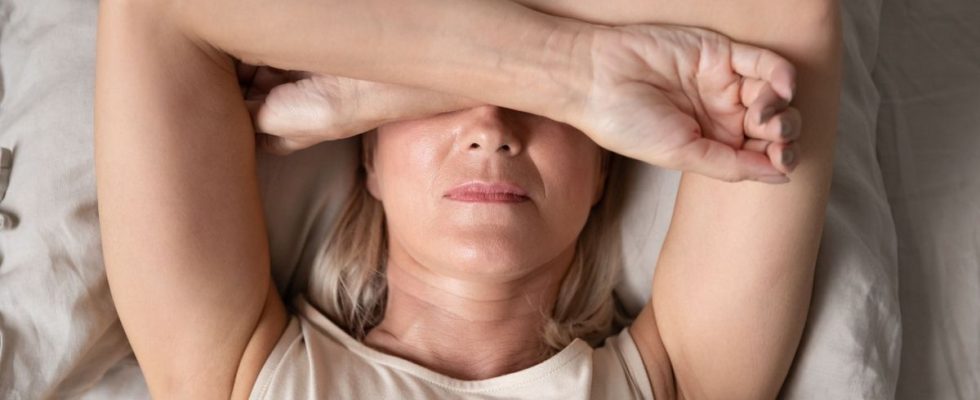Published on
Updated
Reading 3 min.
Aging is inevitable. But certain injunctions and societal pressures can make the process difficult to live with, despite greater visibility of people aged fifty and over in recent years. A feeling felt more by women, as shown by a recent study carried out in the United States. Seven out of ten men say they are comfortable with the idea of aging, with all that this entails on an aesthetic level, compared to just over half of women.
Whether we talk about the age of reason, maturity, or experience, the fact of aging still crystallizes many debates – and worries. Societal pressures, and in particular injunctions linked to beauty, are not unrelated to the fact that this advance in age represents a burden for certain people, particularly women, who are more subject to these diktats. Something that confirms a new study conducted by the beauty and well-being booking platform StyleSeat, which surveyed more than 2,000 Americans on their perception of aging. We learn that 70% of men have no problem with aging, compared to only 57% of their female counterparts. A figure which can be linked to the cult of youth which persists despite changes in society, and particularly affects… women.
The choice of authenticity
More generally, the results of this study nevertheless show that Americans, men and women alike, accept the changes relating to the aging process. Almost two thirds of respondents (63%) agree in any case, and almost three quarters (73%) even consider that older people have beauty comparable to their younger counterparts. A consequence of the societal changes that we have been observing for several years? They could in any case continue, or even accelerate thanks to future generations: Z are the most inclined to say that beauty has no age (84%), ahead of millennials (73%), the generation X (72%) and baby boomers (67%). Note, however, here again, some disparities based on gender, since 81% of women have no difficulty in associating elderly people with beauty, compared to only 65% of their male counterparts.
If we take a closer look at the changes that aging brings about, it seems, in theory at least, that Americans are on the side of the natural. In any case, more than half of them (54%) say they favor authenticity over hiding the signs of aging. They thus give up hiding their wrinkles and brown spots under tons of makeup. A choice shared more by baby boomers (68%), generation X (62%) and millennials (53%). The youngest, who nevertheless believe that beauty has no age, are much less inclined to agree to exhibit, in the future at least, the signs of age (only 22% choose authenticity) . Here again, we observe a gap between men and women. Only 35% of American women are likely to look natural as they age, compared to 73% of men.
White hair, quite a symbol
If white hair cannot be associated with the sole question of age, it is one of its symbols, and this has repercussions on the behavior of men – and more broadly women. In the United States, only two out of five affected residents say they accept them and give up coloring. But this is – again – more the case of men (54%) than women (25%). The survey also reveals that one in five Americans choose to change their hairstyle to appear younger, including 24% of women and 17% of men.
After asking respondents a battery of questions, the authors of this study established a ranking of the states most inclined to accept changes linked to aging. With a score of around 91/100, Iowa rises to the top of the states that accept aging the most, ahead of Georgia, Indiana, Minnesota and Kansas. Conversely, with a score of 75/100, Michigan appears to be a bad student, ahead of Maine, Alabama, Florida, and Nevada.
From August 24 to 28, 2023, StyleSeat surveyed 2,006 Americans about their perception and experience of aging. Respondents ranged in age from 18 to 76 and were 49% women, 49% men, and 2% non-binary.
